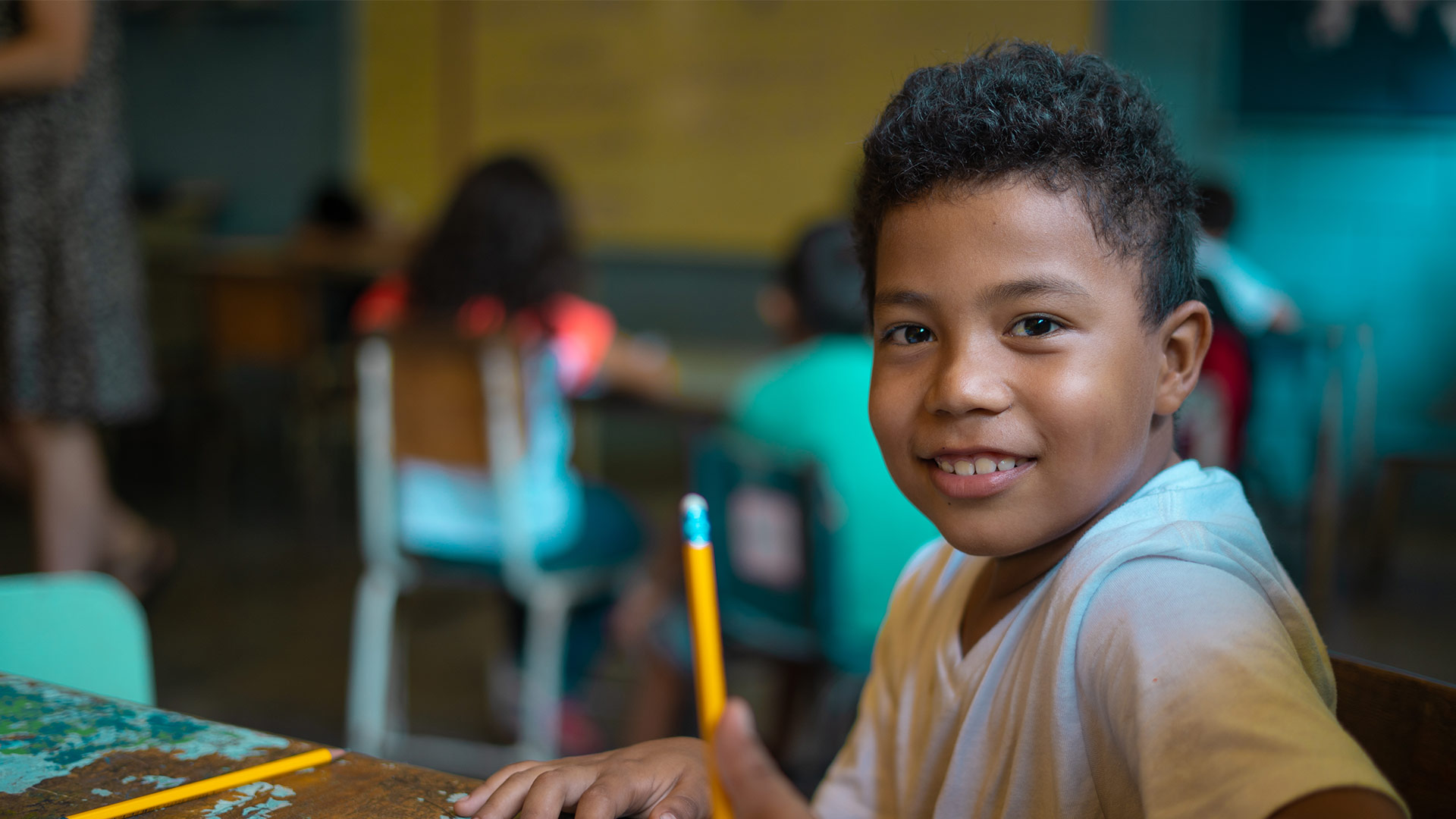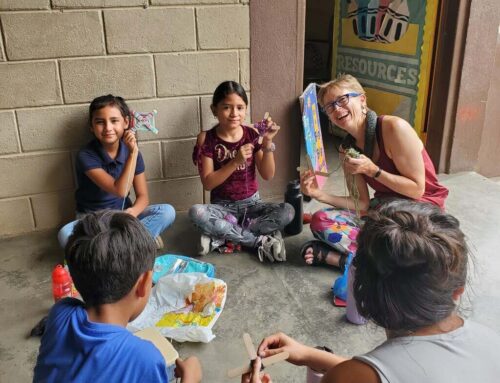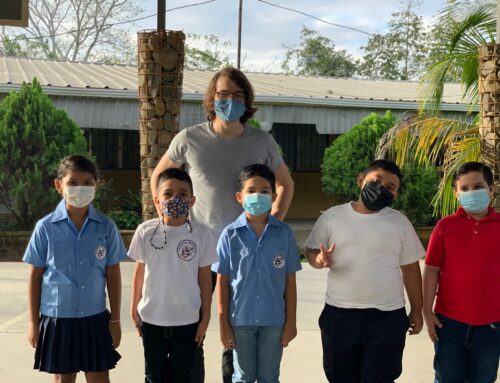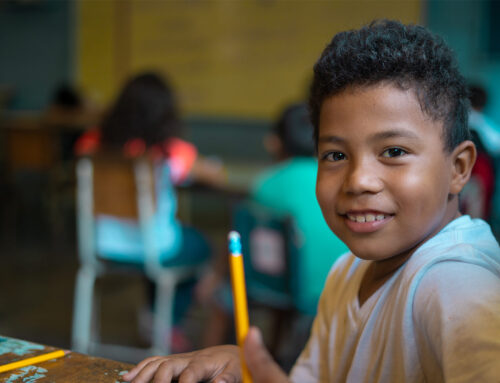It was a difficult week for the SJBS community. Miss Sandra, one of the Honduran teachers at our school, has been very sick for the majority of the year. None of the American teachers really knew what her condition was but we believe that it was complications with lupus. She teaches the preschool and kindergarteners and has two boys who are in our 7th and 8th grade class. On Friday afternoon, when we were playing our weekly soccer game, Andrea,our Program Administrator gathered us around and told us she had news. In the past when we had uncalled meetings like this it was when our 2nd grade teacher was leaving, and when the teachers from the other bilingual school were robbed at gunpoint, so these types of meetings make us nervous.
She told us that Miss Sandra was due to get surgery today and that she had died before the surgery. We were shocked. We all knew that she was sick and having troubles, but none of us knew the extent of her illness.
My heart collapsed for her boys. They are very attached to her, are behind others in their class in terms of individuation and are not fully formed people yet.
I was the same age as Andres (8th grade) when my mom was diagnosed. This experience brought back so many memories of that time. Sitting in the hospital doing my homework and receiving that news, failing to understand or believe it. Trying to live a normal 8th grade life when I was facing these huge fears and circumstances that were larger than I could take in.
What hit me the hardest with the news is knowing the different ways that they are going to have to cope with this loss. There is so much that they aren’t even aware of yet. All of the “firsts” that they are going to have to face in the next year: the first birthday without mom, the first time that they will go to call her cell phone number out of habit, the first time that they will wake up, forget that she is gone and then remember. They don’t know that their whole family dynamics are going to change, or that they will never actually be able to believe fully believe that she is gone, that the ache will lessen, but it will always be there, that the grief becomes less angry, less painful, and that they will change their relationship with it and the way in which they process it, but that it never really goes away. I don’t want them to have to know that.
We went to the funeral the next day. We loaded into a school bus with some of the Honduran teachers and some of the SJBS families and rode to the cemetery where she was to be buried. The cemetery was unlike any that I had been to. It was much less clean, much less tranquil than the cemeteries that we know, there were cows grazing and walking over the graves and the grounds were unkept and seemed more like a landfill than a cemetery. Her plot was in the very back of the cemetery, surrounded by dense brush, that they would most likely cut away later as the cemetery would expand. It was hot and we stood with a group of maybe 50 Hondurans crying as we sweat.
The service was short. A few prayers from a priest, a eulogy from our principle, a hymn sung by one of the mothers of our students, and a few words from Sandra’s brother. Then they started the burial. The mound of dirt that they were shoveling into the grave was filled with plastic bags, aluminum cans and other items of trash that had accumulated layer upon layer over the years. It was really difficult to watch placing that dirt on a grave felt so far from sacred. I remembered how hard it was watching my mother’s casket lowered into the earth, and couldn’t imagine what it would have felt like to see her covered in dirt filled with trash. I would have been so angry. It didn’t seem to affect the Hondurans, though. I can only think that it is so common in this country to see trash in the earth here that they don’t even see it anymore; in the same way that I don’t really notice anymore the piles of trash along the route that I walk everyday to school.
We hugged our two students and told them that we were here for them, feeling like we wanted to do more, but knowing that there wasn’t anything else that we could do.
When we got to school on Monday, we honored Miss Sandra at actos civicos (flag salute) and held moments of silence for her in all of our classes. The students were also somber, but were functioning just fine. I have never in my life known someone who has been murdered, but it is not so uncommon here. I have at least seven students who have parents or siblings who have died early or been killed. Death is as normal as birth here. It seems to leave Hondurans with a different relationship with death.
After this experience, I am left wondering if the normalcy of death here makes the way that they experience grief any less severe. As we can only truly know our own experiences, I guess I will never know. Although this was an incredibly hard week, it was a very important experience. While I stood surrounded by Hondurans in the baking sun, sweating and crying, with a hand on Andres and Gabriel’s shoulder, I felt for the first time in Cofradia that I was not an “other.” I felt like I was part of a community, grieving together.








